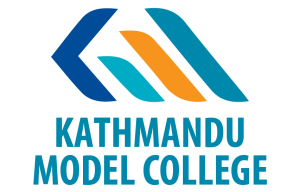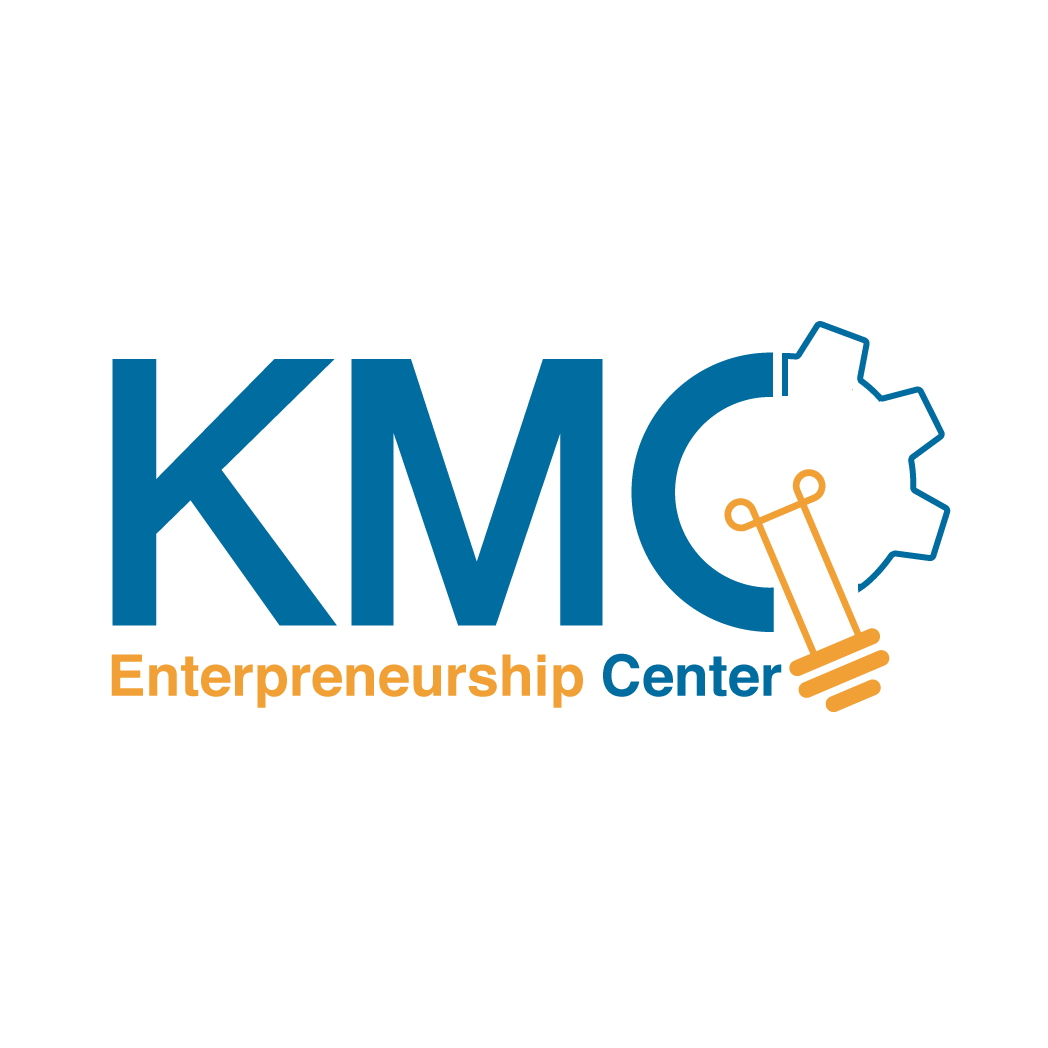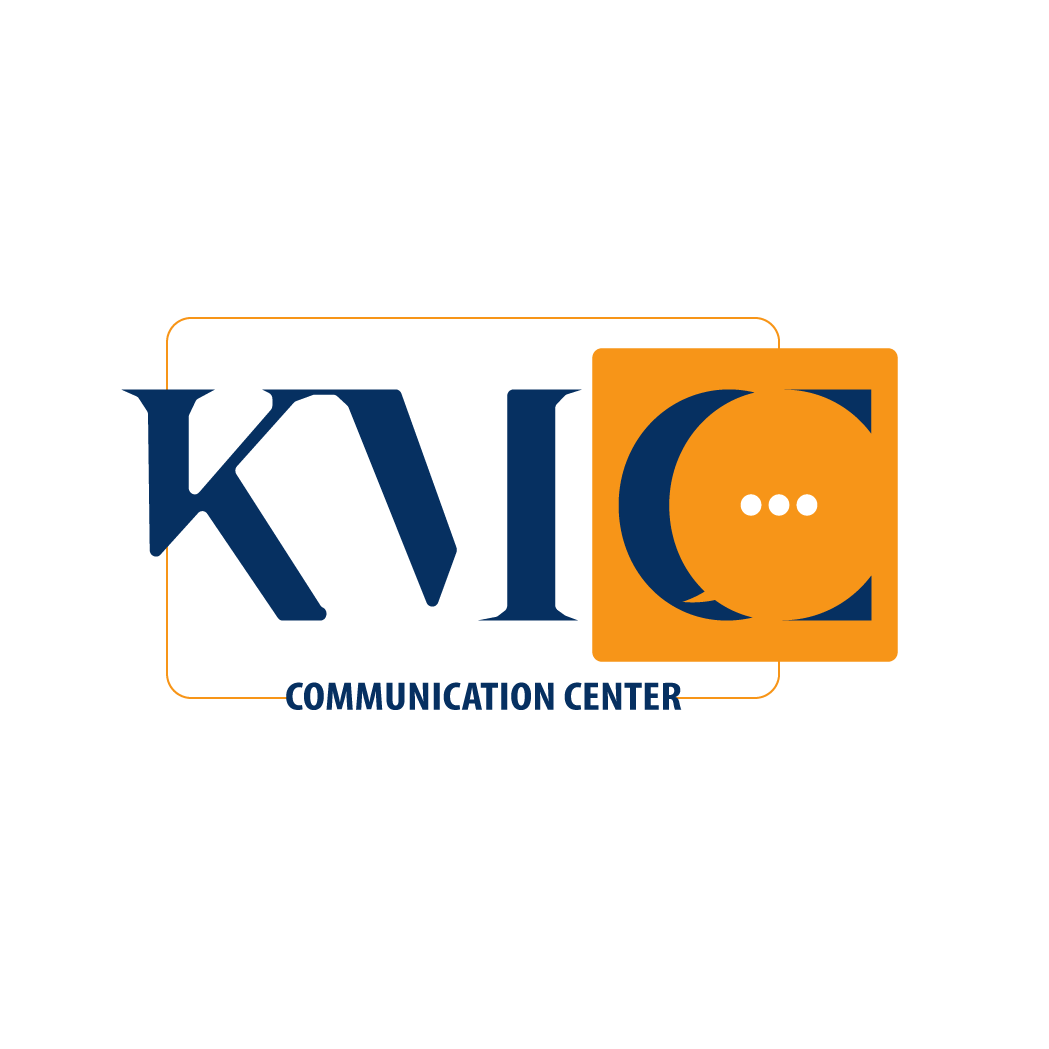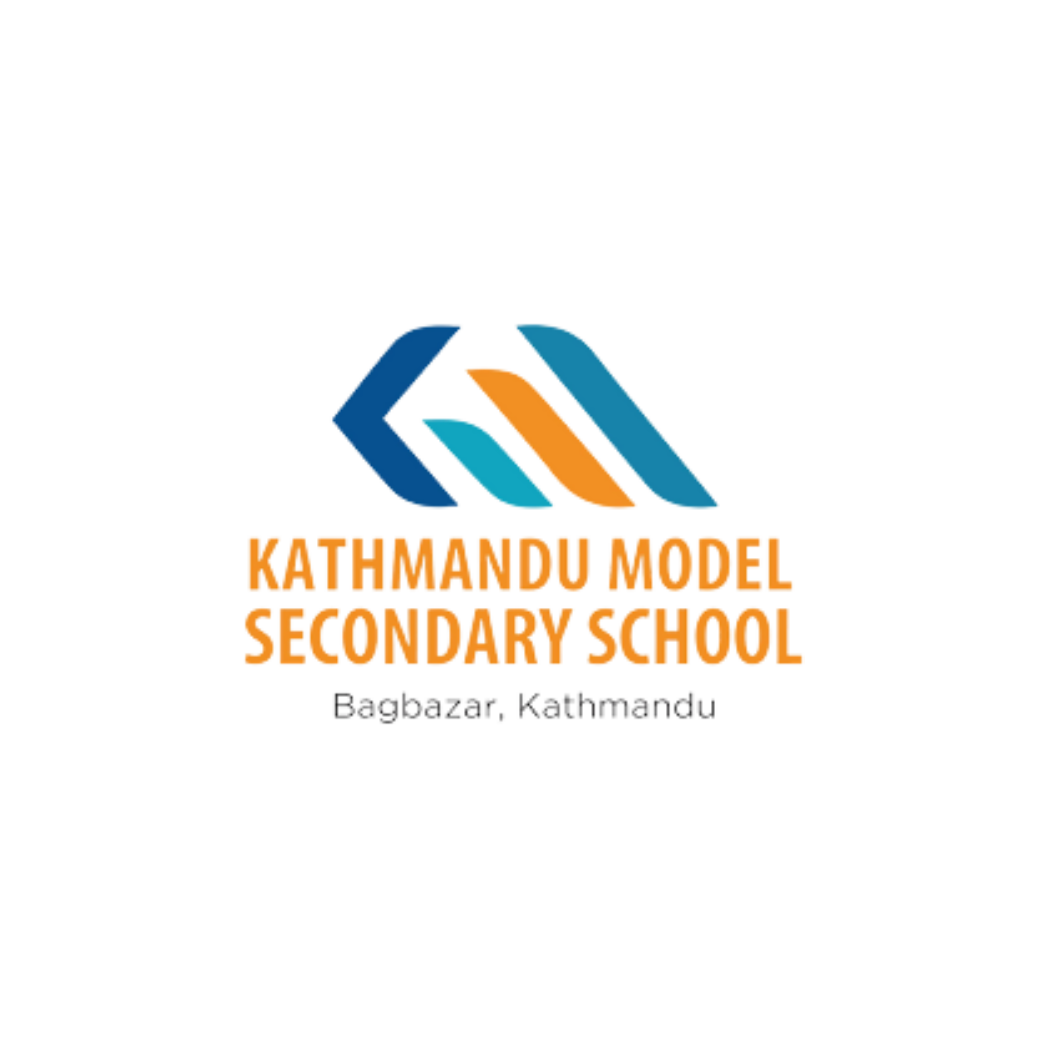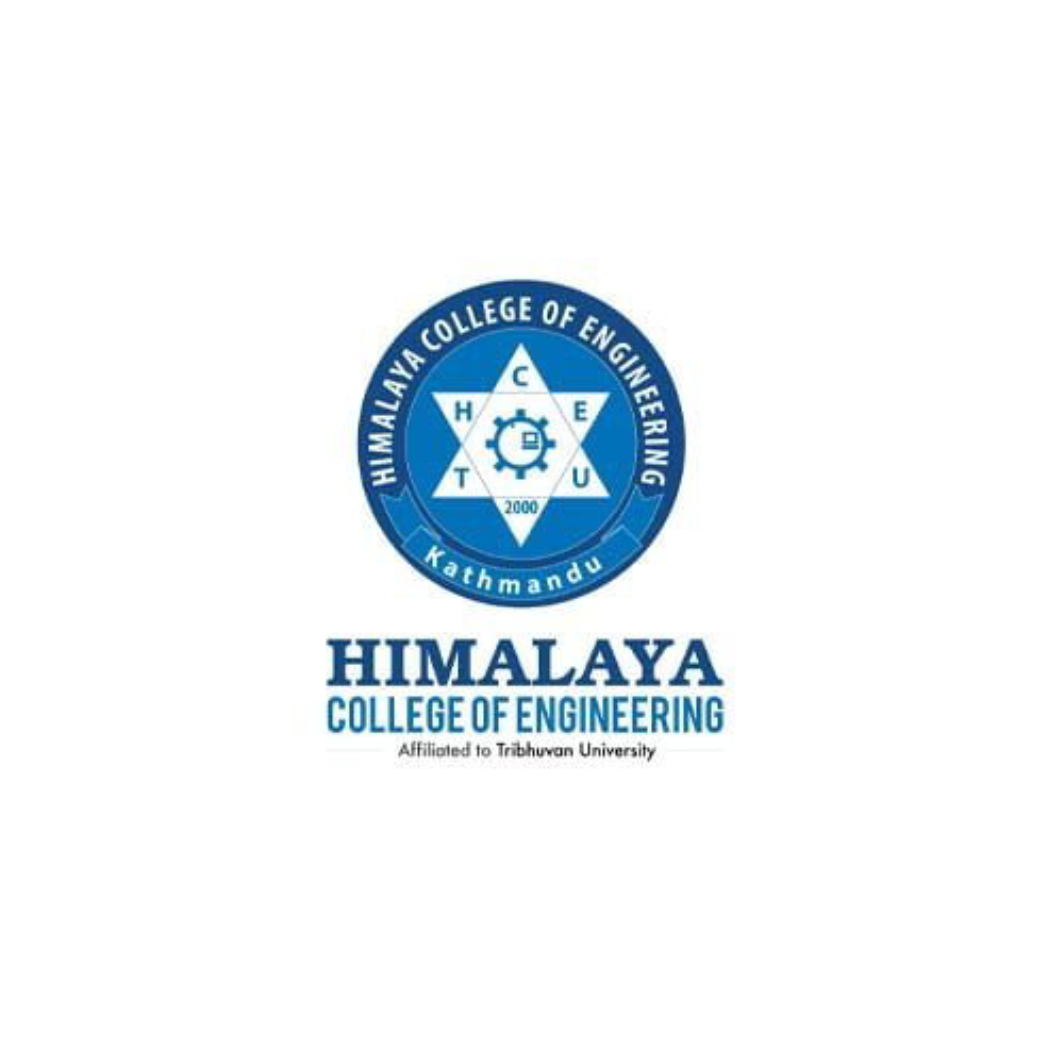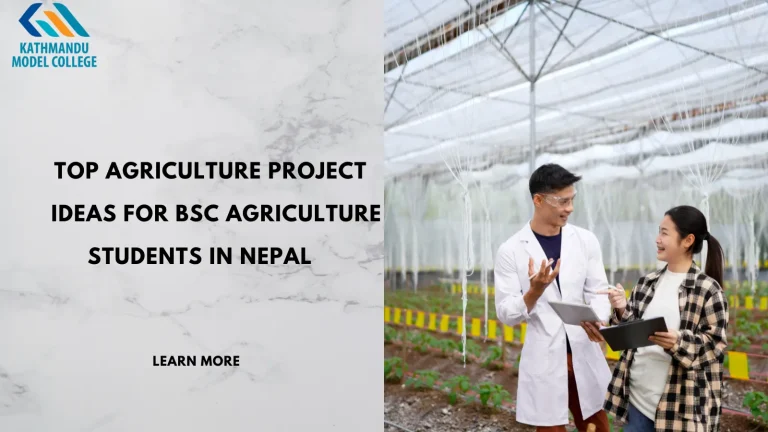
How to Transit from an Undergraduate to a Postgraduate Student in MA
Finishing your Bachelor’s degree is a proud milestone in any student’s life.
At Kathmandu Model College (KMC)—widely recognized as the best MA college in Kathmandu—many of our graduates choose to continue their academic journey by enrolling in our Master of Arts (MA) program.
However, stepping into postgraduate study isn’t just the next academic level—it’s a meaningful shift that brings new challenges, greater independence, and a deeper emphasis on critical thinking, research, and academic maturity.
For many students in Nepal, this transition can feel both exciting and a little intimidating.
It’s natural to wonder, “Will I manage the workload?” or “How different will this be from my undergraduate classes?” These questions are completely valid.
The good news is that with the right mindset, support, and preparation—especially here at KMC—this journey can lead to incredible opportunities for personal growth, career advancement, and academic success.
In this guide, we’ll walk you through what to expect as you transition into the MA program at KMC.
Whether you’re finishing your Bachelor’s or just beginning your postgraduate path, here’s everything you need to move forward with confidence.
What are the Top Reasons To Pursue A Master’s In Arts (MA) Degree?
How Students Can Transition in MA
1.Embrace the Academic Transition
Transitioning from undergraduate to postgraduate study involves a significant shift in academic expectations and learning style.
In undergraduate programs, the primary focus is often on attending lectures, taking notes, completing assignments, and preparing for exams.
While these aspects still matter at the MA level, the academic culture becomes more intellectually demanding.
At KMC, MA students are encouraged to think critically, engage in thoughtful analysis, and participate actively in class discussions.
Independent research plays a central role, and students are expected to contribute original perspectives to academic conversations.
Rather than simply absorbing information, MA students explore complex ideas, question established theories, and connect different concepts creatively.
To ease this transition, begin developing the habit of reading academic journals, research articles, and scholarly essays beyond the course syllabus.
You may also want to check out How to Prepare for Your First Semester in MA for actionable tips that can help you build momentum from day one.
2.Strengthen Your Research and Academic Writing Skills
Research is a core component of MA-level education, and students are expected to engage deeply with their subject through independent inquiry and critical analysis.
Unlike undergraduate assignments, postgraduate work often involves writing longer, more complex papers that require strong argumentation, structured analysis, and extensive use of academic sources.
You may also be required to complete a thesis, which demands original research and a solid understanding of academic conventions.
For many students in Nepal, especially those with limited experience in academic writing, this can feel unfamiliar and challenging.
Make the most of research methodology workshops offered at KMC to understand how to frame research questions, structure papers, and use qualitative or quantitative methods.
Most importantly, learn the fundamentals of academic integrity—how to cite sources correctly and avoid plagiarism. These skills are essential for success.
3.Master the Art of Time Management
Life as a postgraduate student offers greater flexibility, but with that freedom comes increased responsibility.
Unlike undergraduate programs where instructors may frequently remind students about deadlines and schedules, MA students are expected to manage their own time and stay on top of multiple academic demands.
Balancing coursework, research, readings, and possibly even part-time work requires a proactive approach to organization and planning.
Start by using a planner or a mobile app to map out your semester—include assignment deadlines, exams, and project milestones.
Establish a weekly study routine that dedicates specific time blocks for reading, preparing for classes, and conducting research.
When working on large projects or your thesis, avoid procrastination by starting early and breaking the work into manageable tasks.
Setting realistic goals and tracking your progress can reduce last-minute stress and help you maintain a steady academic pace throughout the term.
4.Embrace Independent Learning
One of the most important shifts in MA-level education is the expectation that students take full ownership of their learning.
While instructors are there to guide and support you, much of the responsibility lies with you.
Unlike in undergraduate programs, where teaching can sometimes feel more directive or structured, postgraduate learning is more self-driven.
This can be a major adjustment for students who are used to being closely guided or “spoon-fed” during their Bachelor’s degree.
Get actively involved in class by participating in discussions, sharing your insights, and listening to diverse viewpoints.
Don’t hesitate to ask questions when concepts are unclear—seeking clarification is a sign of engagement, not weakness.
Most importantly, take initiative. Choose your own research topics based on your interests, and explore academic texts beyond those assigned in class.
Cultivating this independence will not only boost your confidence but also deepen your academic growth.
5.Make the Most of College Resources
As an MA student at KMC, you have access to a wide range of academic and support resources designed to enhance your learning experience and ease your transition into postgraduate studies.
These include a well-equipped library, research mentoring opportunities, academic seminars, career counselling services, and student-led forums.
Proactively using these resources can enrich your academic journey, sharpen your skills, and help you feel more connected to the college community.
Schedule one-on-one meetings with your professors or mentors to seek feedback on your work or discuss research ideas.
Join academic clubs, study circles, or student forums where you can exchange ideas and collaborate with peers.
Stay engaged with campus life by attending guest lectures, panel discussions, and workshops—these events expose you to new perspectives and help you build a professional network.
You can also explore KMC Alumni Stories: From BA to MA and Beyond for real-world examples of students making the most of campus opportunities.
6.Keep Your Career Goals in Focus
Pursuing an MA degree is not just about academic growth—it’s also a strategic step toward building your future career.
Whether you’re aiming for a role in teaching, academic research, government service, NGOs, media, or even starting your own venture, having clear goals will help you stay motivated and make informed decisions throughout your studies.
At times, postgraduate studies can feel overwhelming, but keeping your long-term purpose in mind provides clarity and direction.
If you’re enrolled in an MA in English, consider what path excites you most: Do you see yourself teaching at the university level?
Are you passionate about writing and want to become a content creator or editor? Are you drawn to research and planning to pursue an MPhil or PhD? Or perhaps you’re considering applying abroad for further studies or work.
Whatever your goal, identifying it early will help you select relevant courses, projects, and extracurriculars.
Know Why Choose MA Degree From KMC College For Your Career?
Step Into Your MA Journey with Confidence
Transitioning into an MA program at KMC, one of the best MA college in Kathmandu, is both an exciting and transformative experience.
It’s a time to grow—not just academically, but also personally and professionally.
By understanding the academic shift, building strong research and writing skills, managing your time wisely, embracing independent learning, and actively using college resources, you can thrive in this new environment.
Keeping your career goals in focus will help you make purposeful choices throughout your journey. Start by setting small, achievable goals for yourself.
Explore beyond the classroom, ask questions, seek feedback, and never hesitate to take initiative. Remember, your MA experience is what you make of it.
Use the support systems at KMC, lean on your peers and mentors, and most importantly, believe in your ability to grow.
Step into this new chapter with curiosity, commitment, and confidence—you’re more ready than you think.
